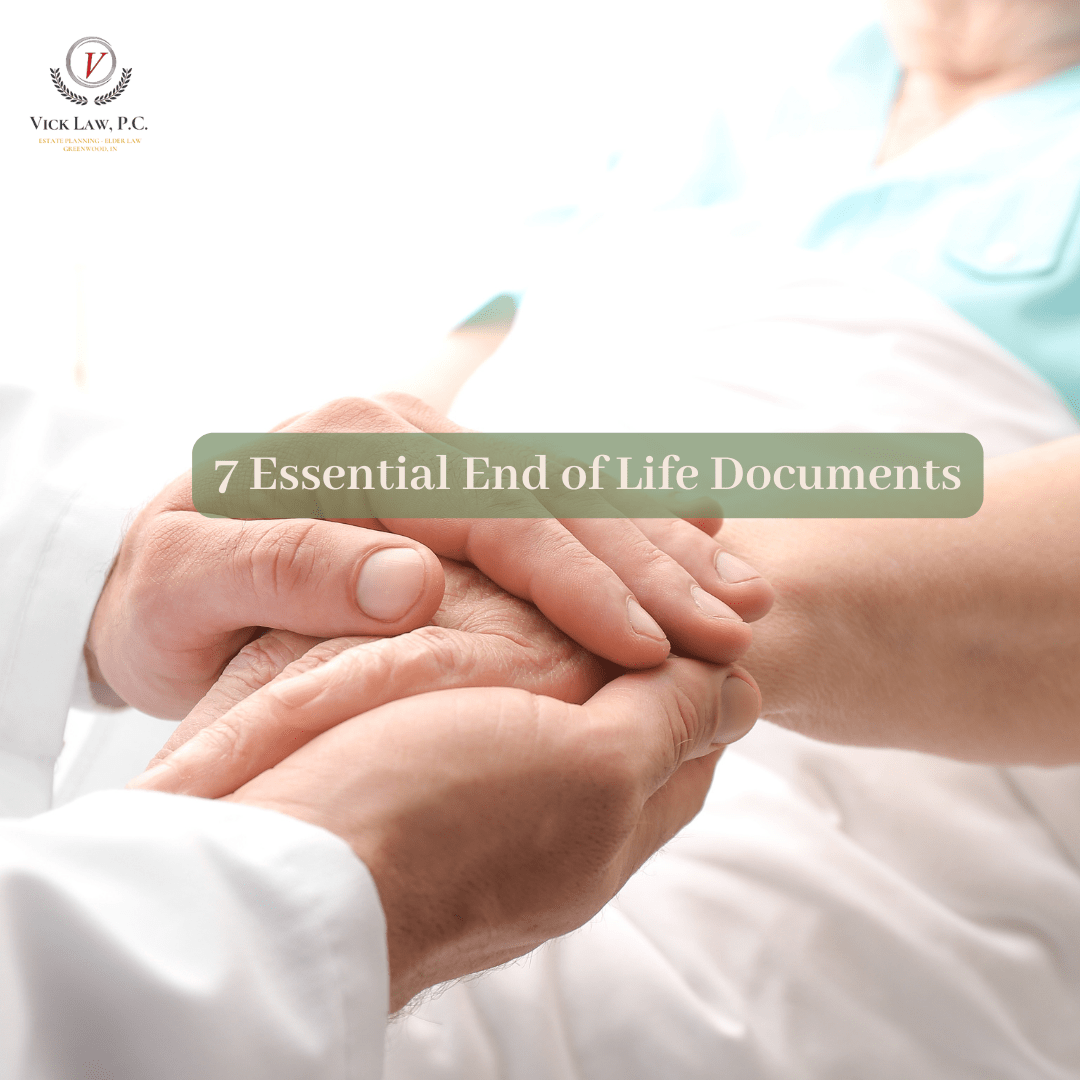End-of-life planning is a crucial aspect of life that often goes unaddressed until it's too late. In this comprehensive guide, we will discuss the essential end-of-life documents everyone must prepare, ensuring peace of mind and assuring that your wishes are honored.
Understanding the Importance of a Will
A will is a fundamental legal document that dictates how your assets and possessions should be distributed after your passing. It can also appoint guardians for any minor children. Crafting a will is a vital step in end-of-life planning, ensuring that your assets are allocated according to your wishes and not left to the state to decide.
What Goes into a Will?
A will typically includes your assets, beneficiaries and an executor who will manage the estate. It's crucial to regularly update your will to reflect life changes such as marriage, divorce, or the birth of children.
The Role of an Executor
Choosing an executor for your will is a significant decision. This person will ensure that your final wishes are carried out as intended.
Advance Directives and Living Wills
Advance directives and living wills are key in end-of-life planning. They provide instructions about your medical care preferences if you cannot communicate them yourself.
Making Medical Decisions in Advance
An advance directive allows you to outline specific medical treatments you do or do not want and appoint someone to make healthcare decisions on your behalf.
The Legal Standing of Living Wills
Living wills, a type of advance directive, are legally binding documents that state your preferences for life-sustaining treatments, such as resuscitation or life support.
The Power of Attorney
A power of attorney is a legal document granting someone authority to make decisions on your behalf, including financial or medical decisions, especially when you cannot do so.
Financial Power of Attorney
A financial power of attorney designates a person to handle your financial affairs, which can be critical in managing your estate and assets effectively.
Health Care Power of Attorney
This type of power of attorney specifically addresses your health care and medical decisions, separate from your financial matters.
The Role of DNR Orders
Do Not Resuscitate (DNR) orders are critical documents in end-of-life care. They state your wish not to receive cardiopulmonary resuscitation (CPR) in the event of cardiac or respiratory arrest.
Understanding DNR Implications
Understanding and discussing the implications of a DNR order with your healthcare providers and family is essential.
Living Trusts for Asset Management
Living trusts are legal arrangements where assets are placed into a trust for your benefit during your lifetime and then transferred to designated beneficiaries at your death.
Benefits of a Living Trust
A living trust can help avoid the probate process, providing a smoother transition of assets to your beneficiaries.
HIPAA Release Forms
HIPAA release forms allow your personal health information to be shared with designated individuals, ensuring that your loved ones and health care proxy can access the information required to make informed decisions.
Privacy and Health Information
These forms are crucial in maintaining privacy, while ensuring that your healthcare agents have the necessary information.
Organ Donor Designation
Organ donor designation is a personal decision that can be made through advance directives or by registering with your local Department of Motor Vehicles. It’s a noble decision that can save lives.
The Process of Organ Donation
Understanding the process and implications of organ donation is vital for making an informed decision that aligns with your values and wishes.
Conclusion
Preparing end-of-life documents is not just about legal formalities. It is about ensuring that your wishes are known and respected. By preparing these documents, you provide clarity and guidance for your loved ones during a difficult time.
Key Takeaways
- A will is essential for asset distribution and guardianship decisions.
- Advance directives and living wills specify your medical care preferences.
- The power of attorney assigns someone to make decisions on your behalf.
- DNR orders and HIPAA releases are crucial for medical care decisions.
- Living trusts manage and distribute assets efficiently.
- Organ donor designation is a personal choice with significant impact.
Remember, while this guide provides a comprehensive overview, it's advisable to consult with an estate planning attorney to ensure that your documents are legally sound and reflect your current wishes. Book a free consultation with Vick Law, P.C. today! Our team is ready to guide you through the intricacies of end-of-life planning. Secure your peace of mind and honor your wishes.


